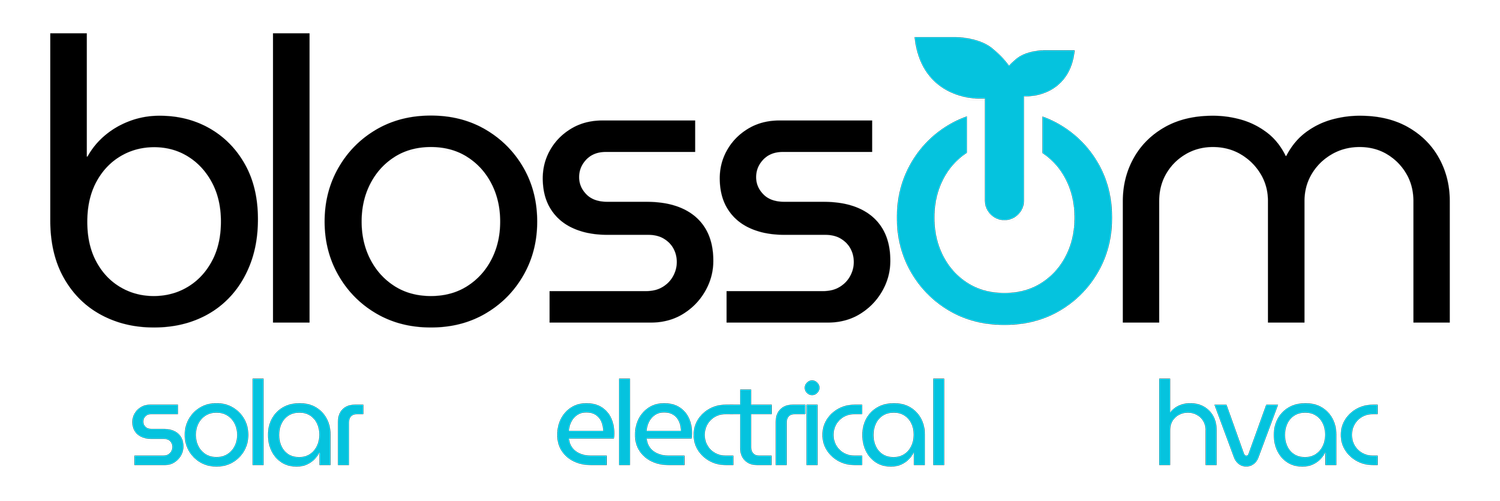Solar Incentives for Washington Residents
Disclaimer: This webpage is intended to serve as an overview of the Washington state and federal solar (photovoltaic - PV) incentives available to Washington state residents. It is not intended to replace the advice and recommendations of qualified tax professionals or represent utilities. We are not tax professionals and the following does not serve as tax advice. When making purchasing or tax related decisions, advice from a qualified tax professional is recommended as well as contacting your utility.
3 Incentives that could end up saving you THOUSANDS on electricity!
30% Federal Tax Credit is ENDING 12/31/25
UPDATE: The 30% federal tax credit for residential solar under 25D is ending as of 12/31/25. As a reminder, we are not tax professionals and you should seek the guidance of your tax professional before making any purchases.
A tax credit is a dollar-for-dollar reduction of what you owe in taxes - so in order to claim the tax credit, you have to have tax liability. To claim the whole benefit, you need to have at least as much tax liability as the eligible credit. For example, if your system cost $20,000.00, you would be eligible for a $6,000.00 tax credit. In order to claim the whole $6,000.00, you need to have at least $6,000.00 in tax liability (taxes owed). Most people who have income have enough tax liability to claim the tax credit, but again, we are not tax professionals and you should seek the advice of a qualified tax professional.
Net Metering - Banking Energy Production with the Utility
In Washington state, our long summer days, coupled with the state’s Net Metering program, help make solar a financially viable option to purchasing energy from utilities.
In essence, Net Metering is the exchange of energy from the home’s solar system production back to the utility at market rate in a 1 to 1 ratio. When a solar panel system generates more electricity than is being used at a particular moment, the excess electricity production is fed back into the grid and the utility banks every kWh of electricity as a credit to be used later. Due to our long summer days, most of the home’s annual energy needs are produced in the summer and banked for use throughout the rest of the year. The credits rollover from month-to-month, but not year-to-year. The Net Metering calendar in Washington is from April 1st through March 31st.
At Blossom, our goal is to build a system that will offset 100% of customer’s energy consumption (unless otherwise requested), eliminating the energy usage costs from electricity bills.
PSE’s Net Metering Program: May Be Ending Soon
PSE’s Net Metering program is currently at the required 1:1 kWh exchange rate (as explained above) but that may be ending after December 31st, 2025 as found on their website here in the FAQ section. PSE has already met their required obligation. It is possible that the program may continue in the 1:1 ratio of kWh exchange, but that is yet to be determined and only confirmed to remain through December 31st, 2025. If you are interested in solar and you are a PSE customer, getting into the program prior to December 31st, 2025 is the only way to ensure you will receive the benefit as-is. Installing after 2025 may mean that your system has a lower rate of exchange of kWh’s, which would impact the return on investment.
No Sales Tax in Washington
Washington state is encouraging the adoption of solar energy, not only through its Net Metering law, but also by not collecting sales tax on solar systems between the sizes of 1 kW - 100 kW, effective July 1, 2019 through Dec. 31, 2029.
No sales tax on solar can save thousands on project costs!
Thank you, Washington!






